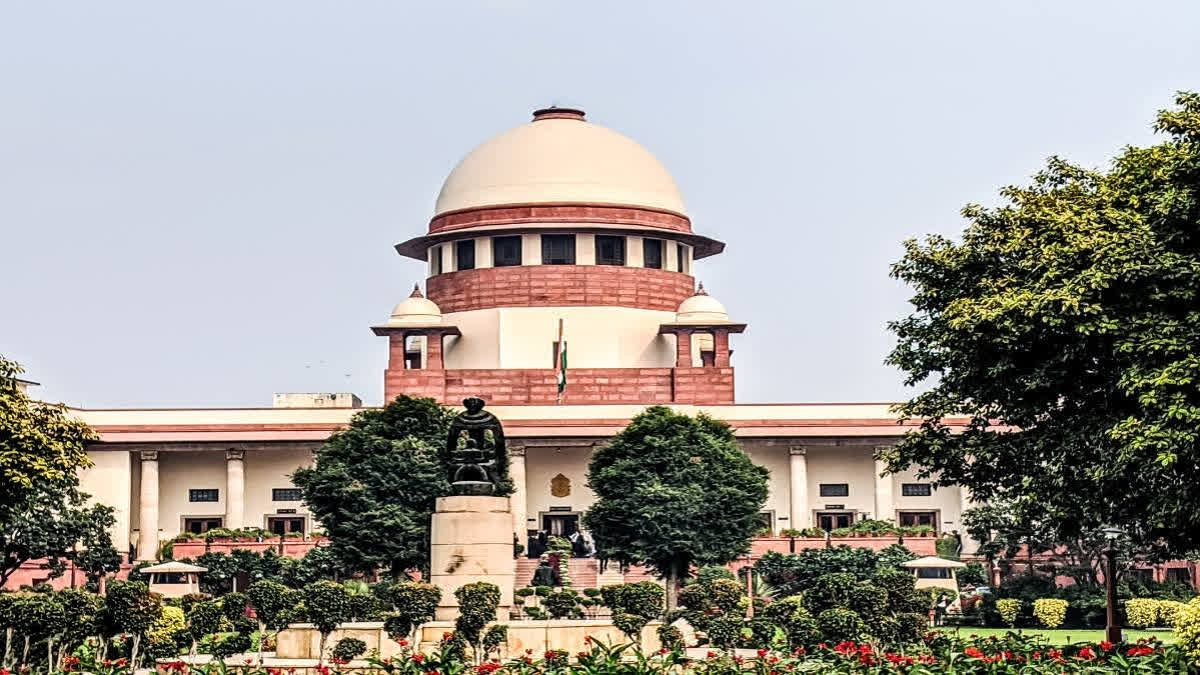New Delhi: The Supreme Court on Thursday said that the Enforcement Directorate (ED) cannot arrest a person after a court has taken cognisance of a complaint under Section 44 of the Prevention of Money Laundering Act (PMLA).
A bench led by Justice Abhay S Oka said the accused can be summoned by the court but he doesn't need to satisfy the twin conditions of bail for his release.
“If the accused were not arrested by the ED till the filing of the complaint, by taking cognizance of a complaint under Section 44 as a normal rule, the court should issue summons to the accused and not a warrant”, said the bench.
“Even in a case where the accused is on bail, summons must be issued. After summons issued under Section 204 of CrPC taking cognizance of the offence…if the accused appears before the special pursuant to the summons, he shall not be treated as he is in custody. Therefore, it is not necessary for him to apply for bail. However, a special court can direct the accused to furnish bond…”, said the bench.
Justice Oka, pronouncing the judgment on behalf of the bench, said after cognizance is taken of the offence punishable under Section 4 of the PMLA based on a complaint under Section 44, the ED and its officers are powerless to exercise powers under Section 19 to arrest the person shown as accused in the complaint.
He added that if the ED wants custody of the accused who appears after service of summons for conducting further investigation of the same offence, the ED will have to seek custody of the accused by applying to the special court. “After hearing the accused, the special court must pass an order on the application after recording brief reasons. While hearing the application, the court may permit custody only if it is satisfied that custodial interrogation is required even though the accused was never arrested under Section 19", said Justice Oka. Detailed judgment on the matter will be uploaded later.
The apex court’s judgment came on an issue: whether the execution of the bond by an accused for showing his presence before the court under Section 88 of CrPC would amount to applying for bail to make twin conditions of bail under Section 45 of the PMLA, applicable.
Read more
‘Timing Before The General Election…’, SC To ED On Arvind Kejriwal’s Contention Against His Arrest



